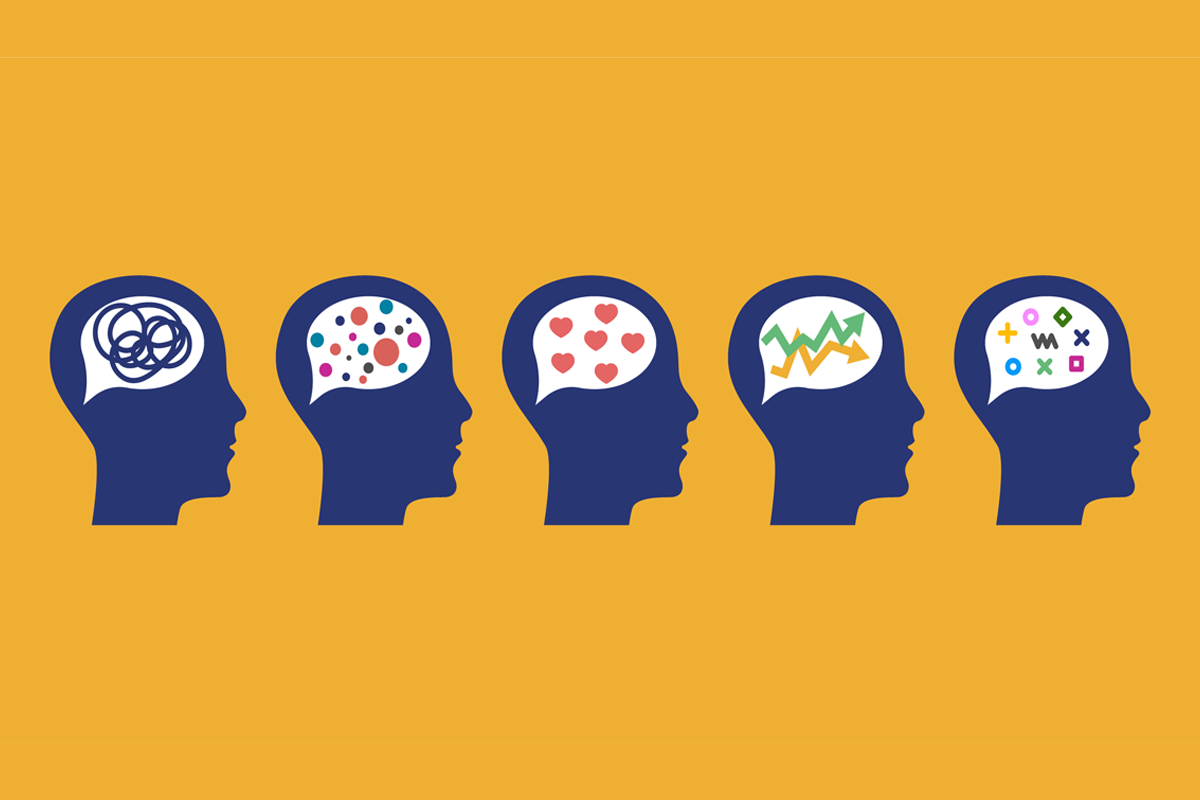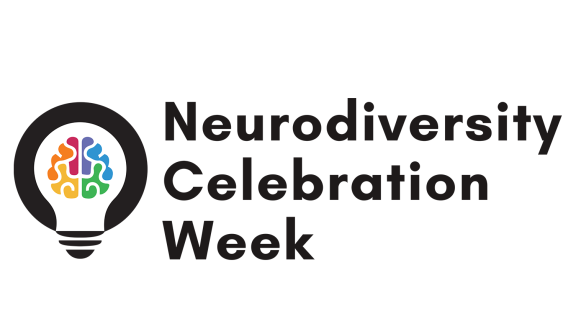Written by Nina Parson, CPsychol – Director of Psychology – Neurodiversity – PAM Wellness Solutions
As we approach Neurodiversity Celebration Week (18th – 24th March 2024), a global initiative that challenges stereotypes and misconceptions about neurological differences, our Director of Psychology, Nina Parson gives her insight into the advantages to having a neurodiverse workforce.
Recognition of the importance of inclusion at work has gained traction over the years, however a deeper dive reveals a missing piece in the conversation around inclusion at work which is finally starting to be addressed. Neurodiversity.
A quick search of the term ‘Neurodiversity’ on LinkedIn returns hundreds of posts; expert led, lived experience or both. But what do all these posts have in common? Advocacy. Loud, positive voices who are advocating for greater inclusion at work, highlighting the strengths neurodivergent individuals can bring.
But it is not just a pocket of advocates online. Buoyed by academic research and reports by well-respected bodies such as the World Economic Forum who have identified certain traits which can lead to success for organisations. This has also spurred the growth of specialist recruitment agencies such as Specialisterne who provided compelling arguments for the positive skills and talents neurodivergent individuals can bring to the workforce.

It is fair to say organisations are at different stages of their maturity journey when it comes to embracing and supporting neuroinclusion at work, but there is an appetite to make affirmative changes. Research has found better performing businesses tend to be more diverse and the recognition of a need for diversity of minds is gaining momentum. There are some great examples of organisations taking positive steps to embrace neuroinclusion; GCHQ, Microsoft, Auticon, SAP, Civil Service and Bank of Ireland to name a few.
Diversity policy has found its way to the top of many organisations’ agendas, as strategically senior leaders recognise to compete globally, and gain a competitive advantage, strength can be found through diversity of minds. Possibly more pertinent now than ever as we face increasing global competition and economic uncertainty.
Neurodivergent individuals often have strengths in certain cognitive functions particularly, in the visual perceptual domain. This means they are often able to ‘see’ and approach problems in different ways to neurotypical thinkers, enabling them to uniquely contribute to innovation, engineering, and complex problem solving.
Innovation is key and that requires stepping outside of traditional ways of working and embracing the change makers who see and think differently.
For example, researchers investigating real-world creative achievement among adults with ADHD found they had higher levels of original and creative thinking and high levels of real-world creative achievement compared to adults without ADHD. Other studies have come to similar conclusions indicating neurodivergent individuals can outperform their peers in lateral thinking and creativity. It may therefore come as no surprise that a recent report from LinkedIn (2023) found even amidst an economic downturn, demand for ED&I specialists continues to grow.
As much as it is about organisations harnessing the advantages of a neurodiverse workforce for economic and competitive gain, it is also about organisations doing the right thing. By adapting ways of working to embrace diversity, organisations are giving people the opportunity to perform at their best.





